Performative Indifference
Will My Parents Come to See Me
Mo Harawe has perhaps crafted one of the most cynical films ever made about the death penalty.
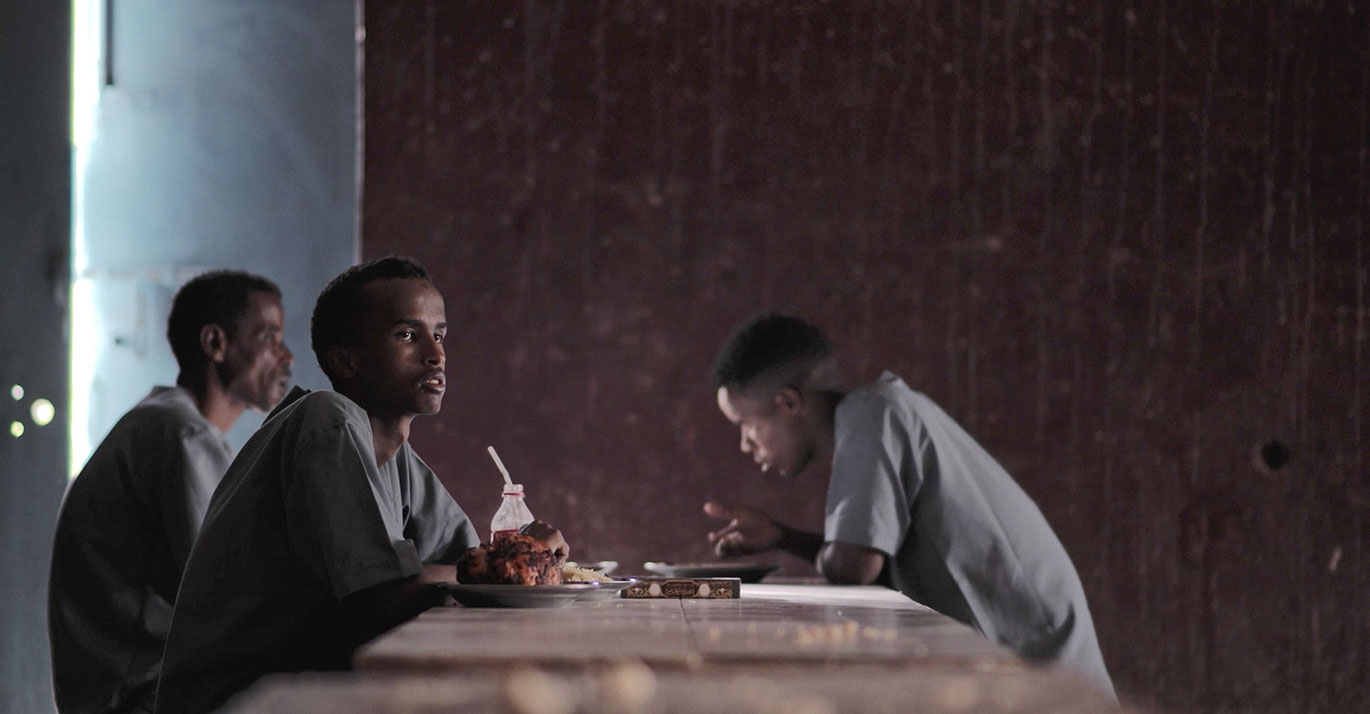
For many modern cinephiles, there is almost an automatic sense of caution when viewing a work revolving around a contentious real-world issue. Though some may couch it under broader concerns regarding proper research and representation in front of and behind the camera, what sets people off is a desire not to be emotionally manipulated or talked down to. In that sense, sentimentality is very much not in vogue, as seen from the vitriol Sian Heder’s Coda (2021) received from winning Best Picture at the most recent Academy Awards, being derided as schmaltzy at best and patronising at worst. In many respects, the attitudes of a large portion of cinephiles have morphed from a Gen X shoulder-shrugging indifference to a Gen Z post-irony.
Nonetheless, a detached cynicism rings through in both. Mo Harawe seems to understand this instinct and, with Will My Parents Come to See Me (2022), has perhaps crafted one of the most cynical films ever about the death penalty. This is not to say that the film condones the act. Instead, it is guided by a desire to portray the process as it is, with all participants flexing a similar indifference to not fully implicate themselves in the act and not to let their emotions get the best.
Harawe’s film possesses impeccable formalism, driven by solid aesthetic choices that help articulate a clear visual language. The confines of the prison (its offices, mess halls, and cells) are lit by natural light, only slivers of which can enter the rooms through small windows, providing an imposing, inky atmosphere. Characters are frequently shot in side profile while in conversation, which further detaches the audience, depriving them of the usual emotional indicators of the human face, rendering these encounters impersonal. These intelligent choices work in the service of Harawe’s narrative, which weaponises its linearity, slowly dragging us towards an inescapable predetermined outcome.
Perhaps most impressive about Harawe’s directorial instincts is his sense of restraint. We are never told outright what the film is about; instead, we start by tracking the day of a correctional officer and a prisoner who happens to be a teenage boy. There is a continuous sense of discovery within the initial landscape of the work as it unfurls and as the context presented keeps shifting: from a regular jail cell to one entirely inhabited by children to one inhabited by children who are also death row inmates. Harawe does not withhold information per se as much as he shows us exactly what we need to see.
At the film’s crux is the relationship between the guard and the boy, as we see her bring him around various locales before his execution. There is a knotty quality to how they interact and an underlying tension between the guard’s maternal instincts and her professionalism, the former of which is seen when she asks early on, with what appears to be empathy, what he wants to eat for what is presumably his last meal. In these interactions, the boy’s young age and unawareness of the world is underscored, as he is seen to operate on simple, base needs, with his only desires being to have a Coca-Cola and to see his parents, as per the title. Even though they share most of the scenes, they barely lock eyes when occupying the same frame but are frequently the object of each other’s gaze when captured alone.
Another of Harawe’s visual choices is the repetition of frames, particularly a shot of the boy sitting in the interior of a car, the window acting as a frame within the frame with his side profile outlined within it. While the boy’s expressions remain blank, there is something subtly devastating about these scenes, as if he’s catching his last glimpses of the outside world, being so far detached from it by a single pane of glass. It is telling that the only other character framed in this manner is the guard, capturing both in brief moments of introspection, both emotionally constricted by the system.
Harawe eventually locates the inherent tragedy of the situation through strict linearity, with the boy being shuttled through an especially cruel, mechanical process captured through still shots that evoke a regimented rigidity. He’s ironically brought to a medical checkup to be deemed fit for execution and is told the schedule of his death with a robotic detachment by a court worker. It is implied that the boy is on death row for religious extremism of some sort. Yet, his complete indifference to the Imam of the prison mosque suggests that he may not have known the actual gravity of his actions and may be mentally incapacitated, barely being able to understand anything around him or the nature of his execution.
It must be said, however, that while some may see mental incapacitation as grounds for a pardon from the death penalty, like this recent case in Singapore, it should not matter regardless because the entire act is inherently immoral. If anything, the implicit suggestion of the boy’s mental disability serves to emphasise further the sheer cruelty of the state, who hope to wash their hands of anyone involved in acts of terror, regardless of their ability to comprehend their actions at their tragically young age.
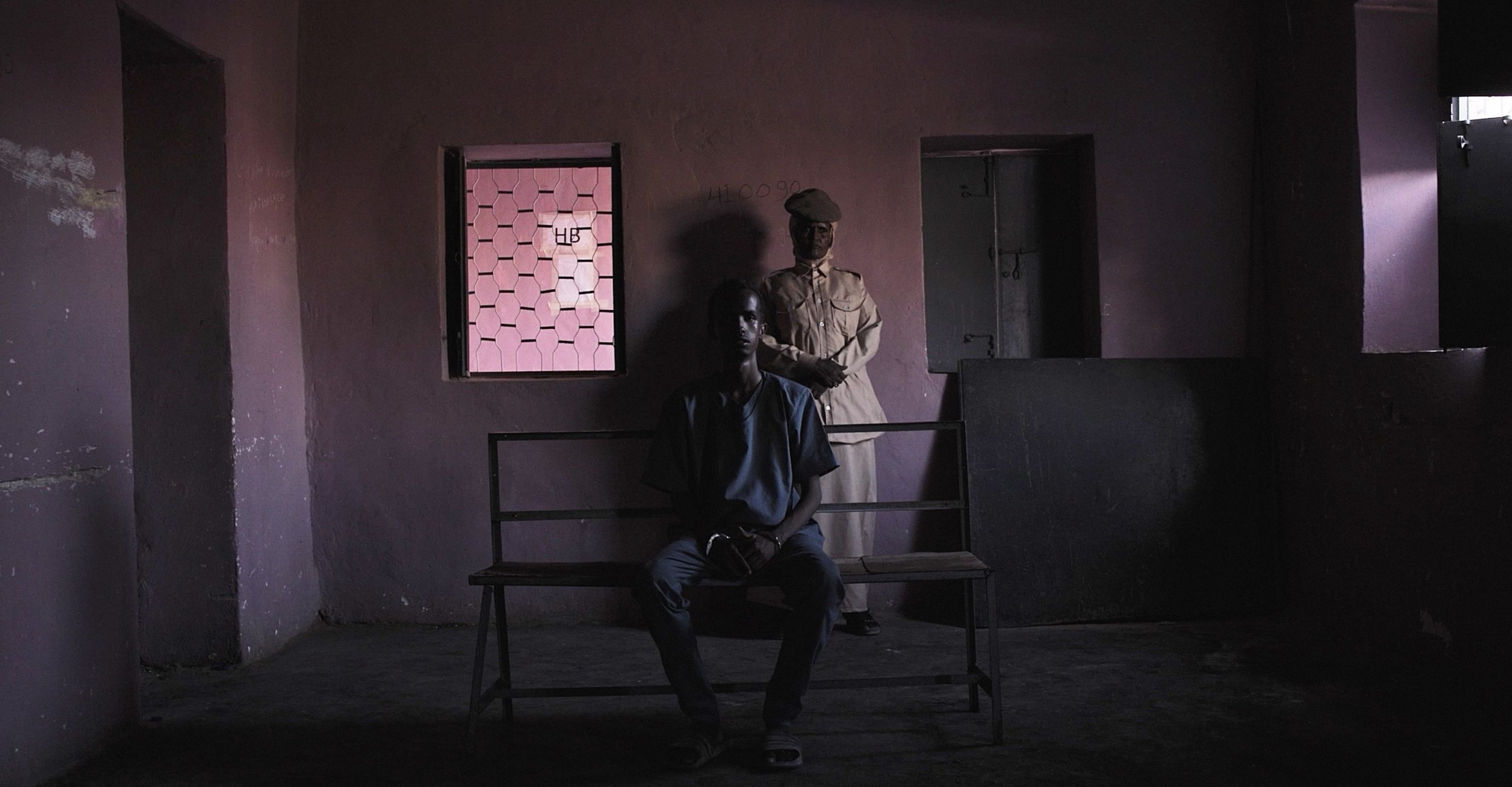
Will My Parents Come To See Me?
When assessing the nature of the performances on display here, one is immediately reminded of Bresson and his approach to directing his actors. Every actor in the film composes themselves with a series of blank, inexpressive stares, delivering dialogue in a dry matter-of-fact manner, as if to suggest that their emotions are intentionally being tampered down. For Bresson, this approach, which reduced the actor to something more akin to a reactive model, was done in the name of honesty, the idea being that only the audience themselves could project the emotional quality of the scene, that the work was what they made of it.
In the context of Harawe’s film, this goes hand in hand with avoiding sentimentality. Tragic circumstances are at play, but you would never be able to grasp the gravity of the situation from the actors’ facial expressions or vocal timbre. This enhances the viewing experience for the already cynical audience in many respects. In no visible way is the work manipulating you; indeed, what we see appears to be quite objective, yet the cruelty of the bureaucratic process is entirely self-evident.
One is also reminded of another aspect of Bresson’s cinema: the element of inevitably, the understanding that from the start, the ending is already predetermined. Harawe’s film suggests no escape from the death penalty, the only relief being defined in vague spiritual terms. Everyone involved in the process seems to have a mutual understanding that there is no fighting the system and that it is not worth expending any additional emotional energy.
Every adult the boy encounters (the guard, doctor, and Imam) presents themselves in the same detached, impersonal manner, to the extent that the lack of any semblance of warmth or personability can be perceived as another wholly intentional form of acting. For Harawe, execution is theatre, with everyone forcing themselves to act in every step of the process; no one wants to be there, and no one wants to make themselves feel complicit in the cruelty. The film essentially becomes a microcosm of the same attitude that poisons modern society, particularly in countries that still have the death penalty, that if you choose not to acknowledge it, its functionally does not exist in your life.
The one moment genuine human emotion can peek through is during the execution itself. It smartly comes with a complete dismantling of aesthetic order: set in a bright exterior location with a shaky panning camera. We only ever catch small glimpses of the act through the frame of a car window, as if to distance us and prevent us from fully confronting the overwhelming emotional intensity of the scene, as the prior image is reversed and the boy is cruelly placed at the other side of the glass. Yet, at this moment, Harawe fully confirms that the character the audience is supposed to be most clearly aligned with is the guard, who wilfully avoids viewing the execution, turning up the radio to let pop music drown out the boy’s screams. It is as if our cynicism and indifference are being turned back on us; we may be wholly desensitised to images of real and fictional tragedy and perhaps scared of engaging with their implications, but how much longer can we ignore the screams?


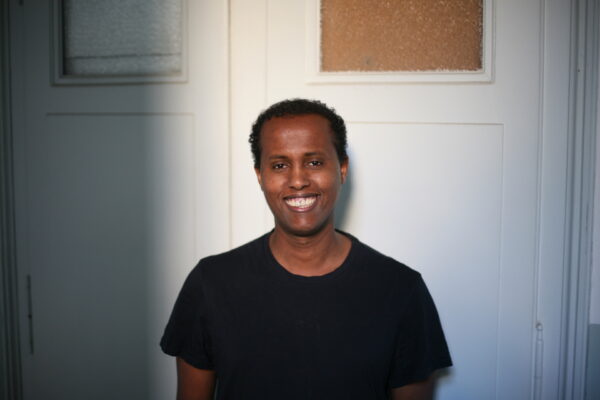
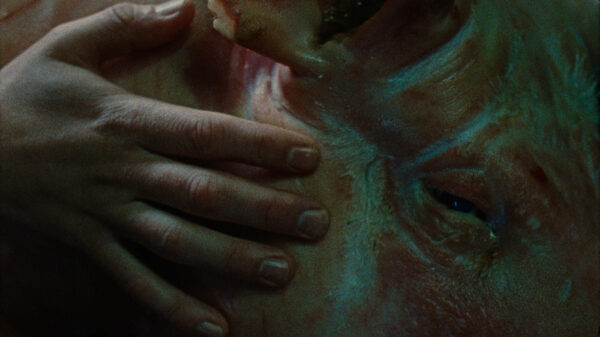
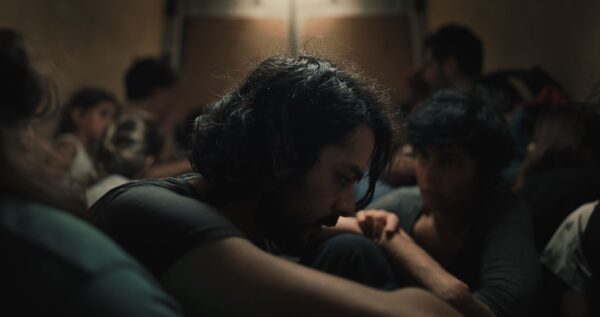

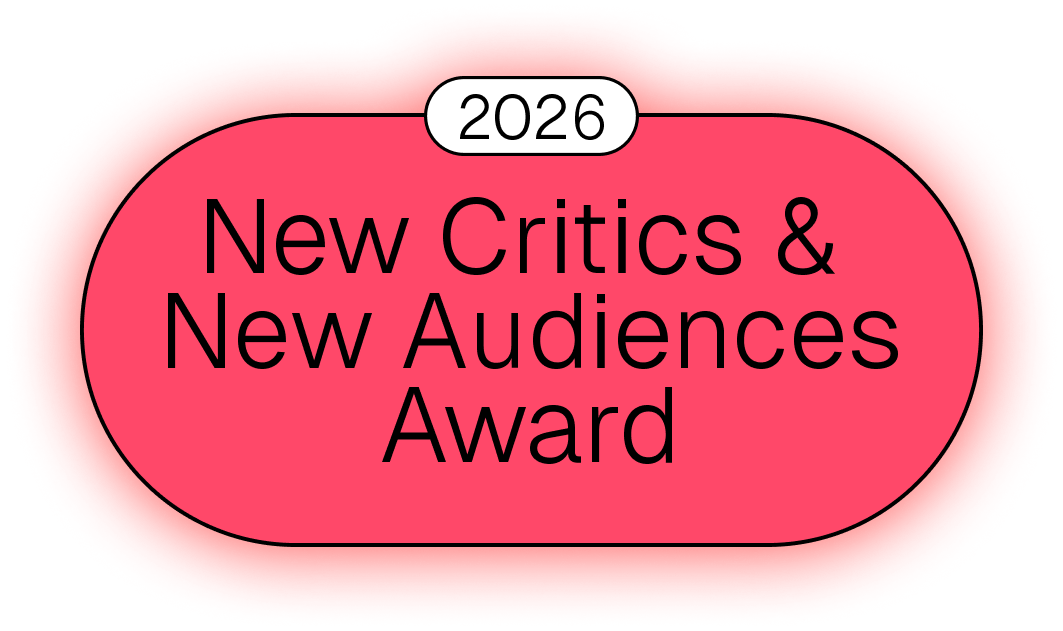
There are no comments yet, be the first!